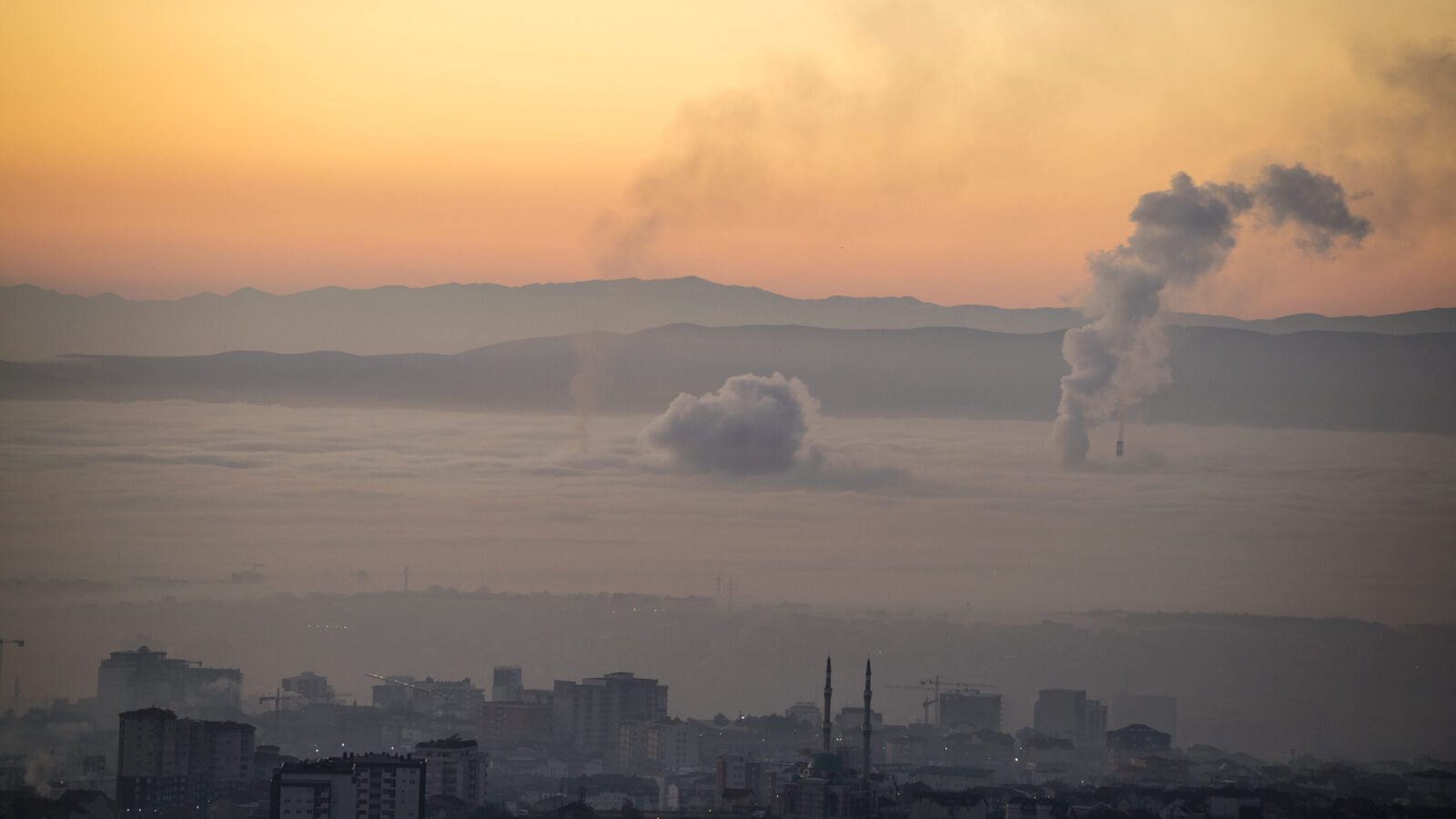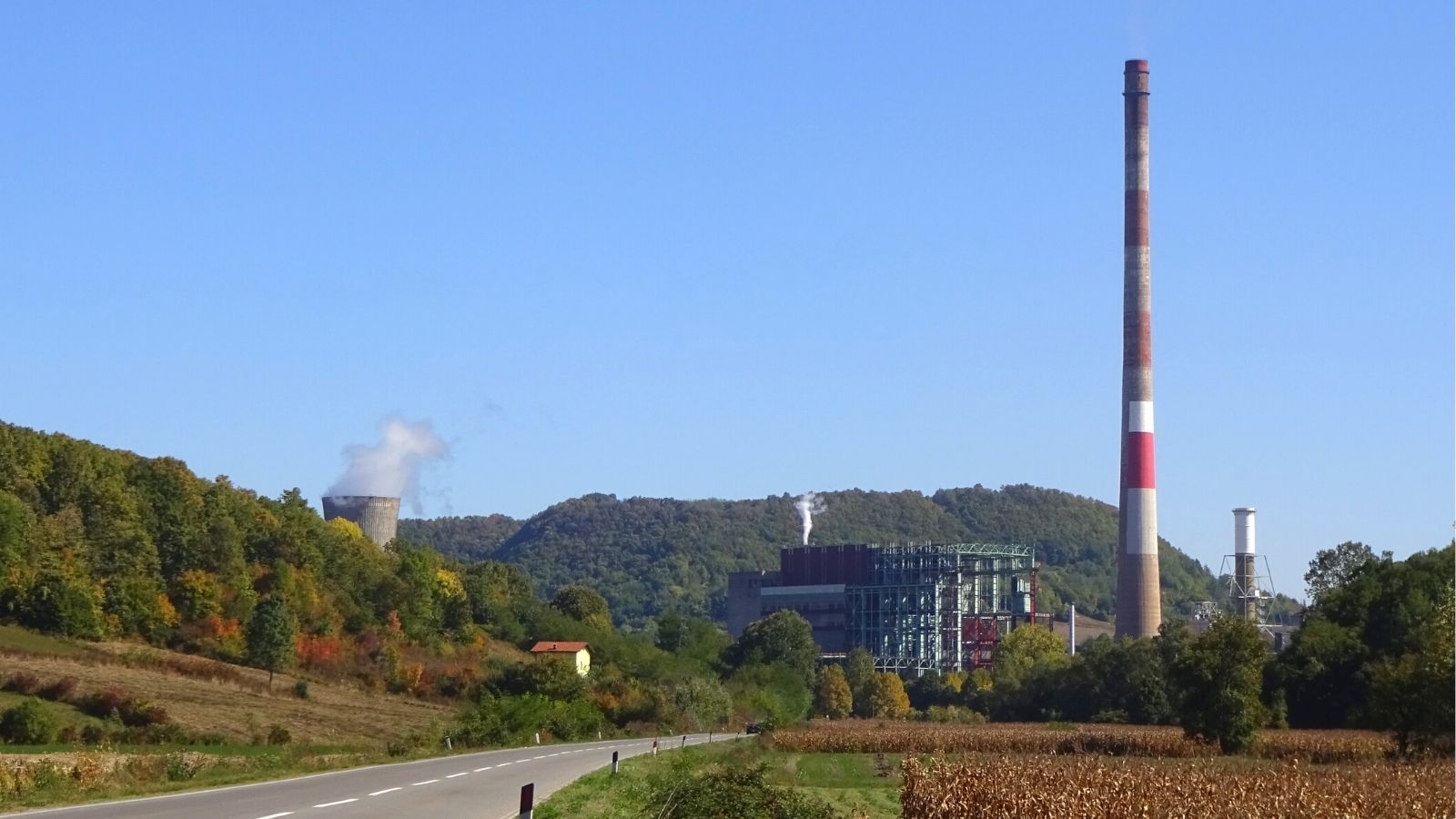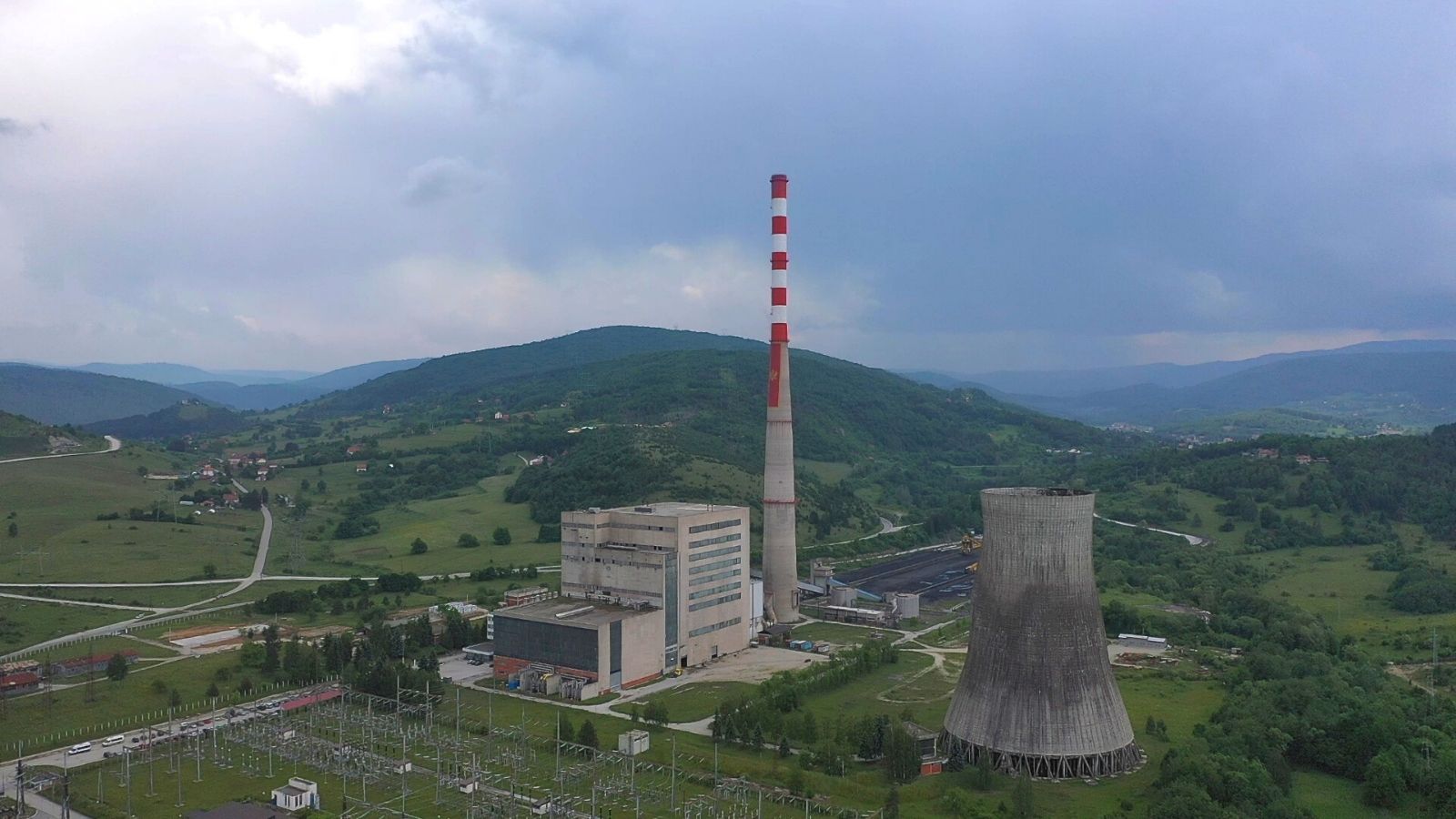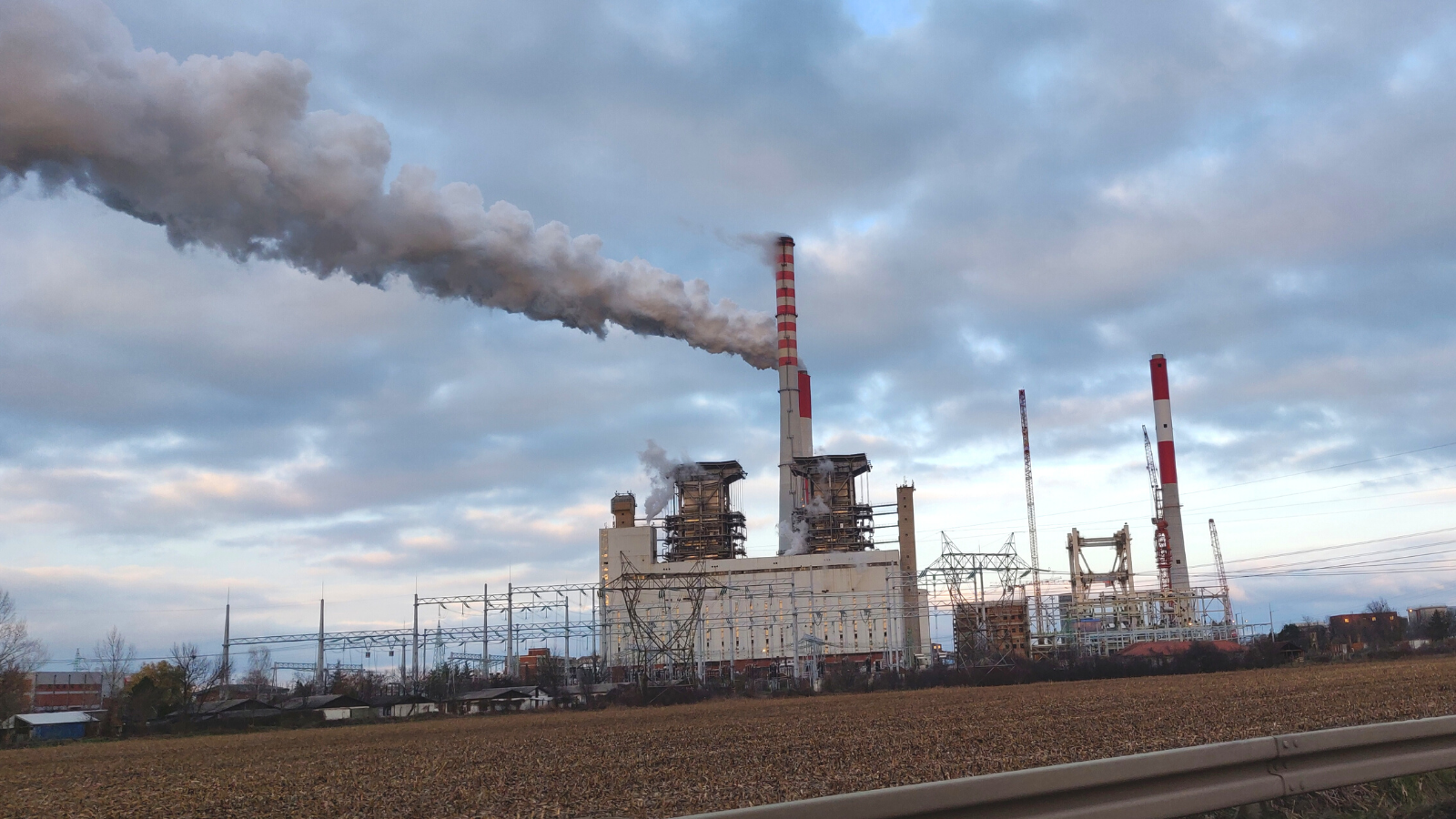Fossil fuels are fast losing their social license. It is becoming increasingly evident that countries’ continued reliance on dirty hydrocarbons escalates the climate crisis, worsens air pollution and enables war.
Long touted as a ‘bridge fuel,’ fossil gas now needs to be recognised by policymakers for the hurdle to the energy transition that it is, and multilateral development banks should urgently end support for gas projects and gas-dependent companies.
The energy transition has to be just and fast, with citizens, municipalities and workers as critical participants in the process. We are working to ensure no more public money is spent on coal, and public finance is used to accelerate this transition.
Stay informed
We provide updates in English from the Balkans and other coal regions.
IN FOCUS
Fossil gas
Fossil gas is the new coal. Although often labelled ‘natural,’ fossil gas is a major driver of the climate crisis. There is no more room for new investments in fossil gas projects if we are to avert the worst impacts of the climate crisis and set a path towards decarbonisation.
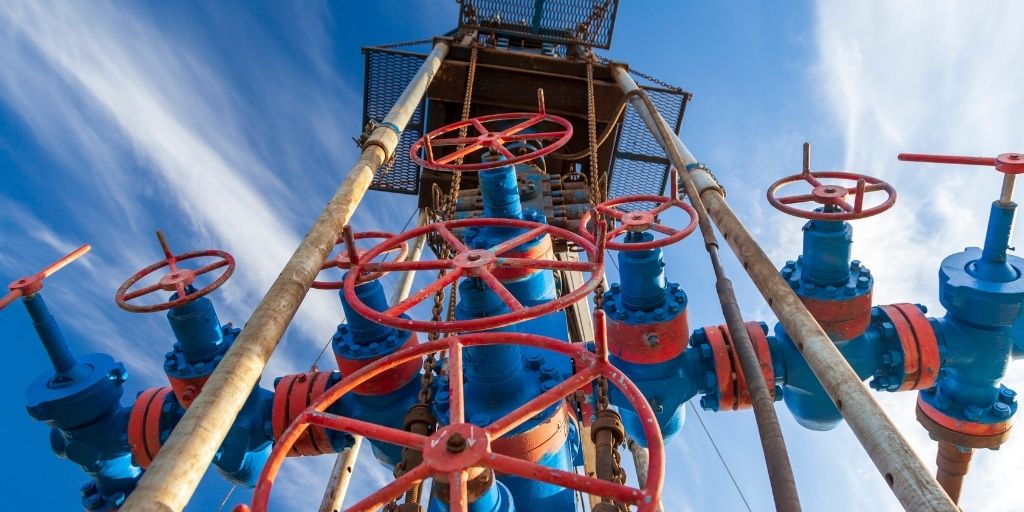
District heating
District heating and individual heating are still dominated by fossil fuels and inefficient burning of wood without regard to sustainability criteria, in combination with a low degree of energy efficiency. This has to change, since heating plays a crucial role in the transition into a clean and zero-carbon economy.
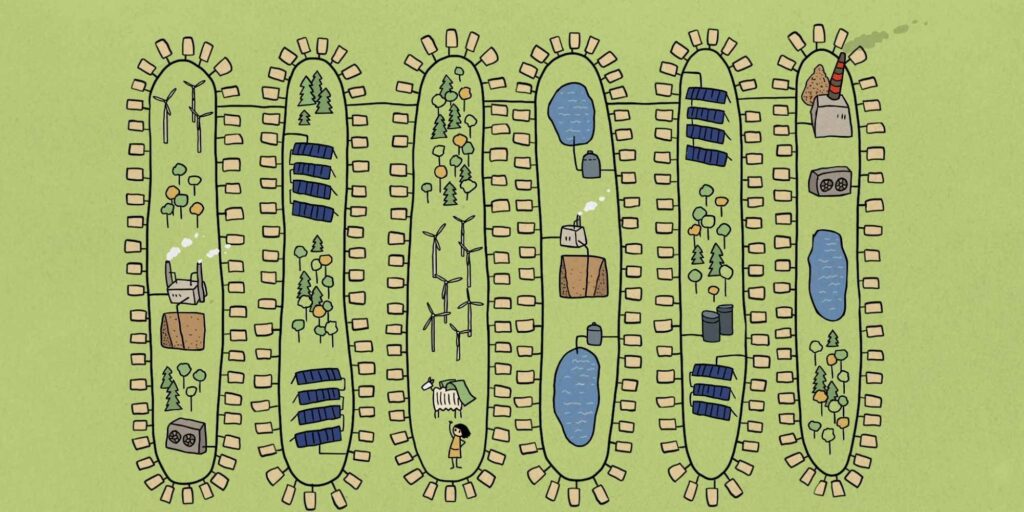
Just transition
No one should be left behind when we reconstruct our world into one driven by clean energy. Working on just transition brings all actors who believe in fair regional redevelopment to the same table: unions, industry, public administration, governments, civil society and others sharing this goal.

Documentary: Turning the Tide
Our documentary exposes, for the first time, the extent of financial support four of the world’s leading multilateral development banks (MDBs) – the World Bank, the European Investment Bank, the Asian Development Bank and the European Bank for Reconstruction and Development – have been providing to the global fossil fuels industry over the past 13 years.
Our analysis shows that since 2008, the oil, coal and gas business has been enjoying no less than EUR 81.5 billion in support from these government-owned financial institutions in the form of loans, grants, credit lines and guarantees.
Coal projects
Ugljevik power plant, Bosnia and Herzegovina
Commissioned in 1985, the 300 MW coal power plant in Ugljevik, Bosnia and Herzegovina, has become famous for emitting more sulphur dioxide than all of Germany’s coal power plants in 2019.
Pljevlja I power plant, Montenegro
The existing 225 MW Pljevlja thermal power plant in the north of Montenegro, near the borders with Serbia and Bosnia-Herzegovina, has been operating since 1982. The plant was originally planned to comprise two units but the second one was never built. The plant, along with the extensive use of coal and wood for heating, has caused unbearably bad air quality in the town.
Kostolac B power plant (B1, B2), Serbia
The Kostolac B power plant, consisting of 2 units of 350 MW each, first entered into operation in 1987. In 2022, the plant delivered 4388 GWh of electricity to the grid, nearly 20 per cent of the country’s coal-based generation.
Latest news
Public action: Croatian coal power plant besieged by 680 bodies
Blog entry | 10 May, 2013Yesterday, Green Action/Zelena Akcija, Greenpeace and Green Istria staged a spooky public action to raise attention for the findings of a new study that predicts approximately 17 early deaths annually due to the planned new 500 MW unit at the Plomin coal power plant in Croatia.
Read moreSerbia’s unabated quest for coal causes tremors among mining communities
Bankwatch in the media | 25 April, 2013Development bank continues to fund coal projects as Serbia proves another frontline in battle between energy and environment
Read moreEBRD with disastrous start in Kosovo, European Parliament not amused
Blog entry | 19 April, 2013The European Parliament yesterday chastised the European Bank for Reconstruction and Development for its explicit interest in financing a new lignite-fired power plant in Kosovo. NGOs hope the bank will pay more attention to the Parliament than it did to civil society and energy experts so far.
Read moreRelated publications
A race to the top: Western Balkans 2024
Report | 16 July, 2024 | Download PDFA report by Global Energy Monitor, CEE Bankwatch Network and REScoop.eu reveals the Western Balkans have more than 23 GW of proposed utility-scale solar and wind projects—almost 70 per cent more than a year ago.
Hooked on gas: Report on the status of national energy and climate plans in central and eastern Europe
Report | 20 June, 2024 | Download PDFThis publication highlights the need for gas phase-out pathways and identifies shortcomings in the current draft NECPs of eight central and eastern European Member States.
Delays in Almaty CHP-2 gas project open new opportunities for a rethink
Briefing | 29 May, 2024 | Download PDFSupported by the EBRD, the conversion of Almaty’s coal heat and power plant CHP-2 to gas has been seriously delayed. This opens an opportunity for a rethink: Why is the EBRD continuing to support this project instead of funding a clean and potentially cheaper type of heating?
